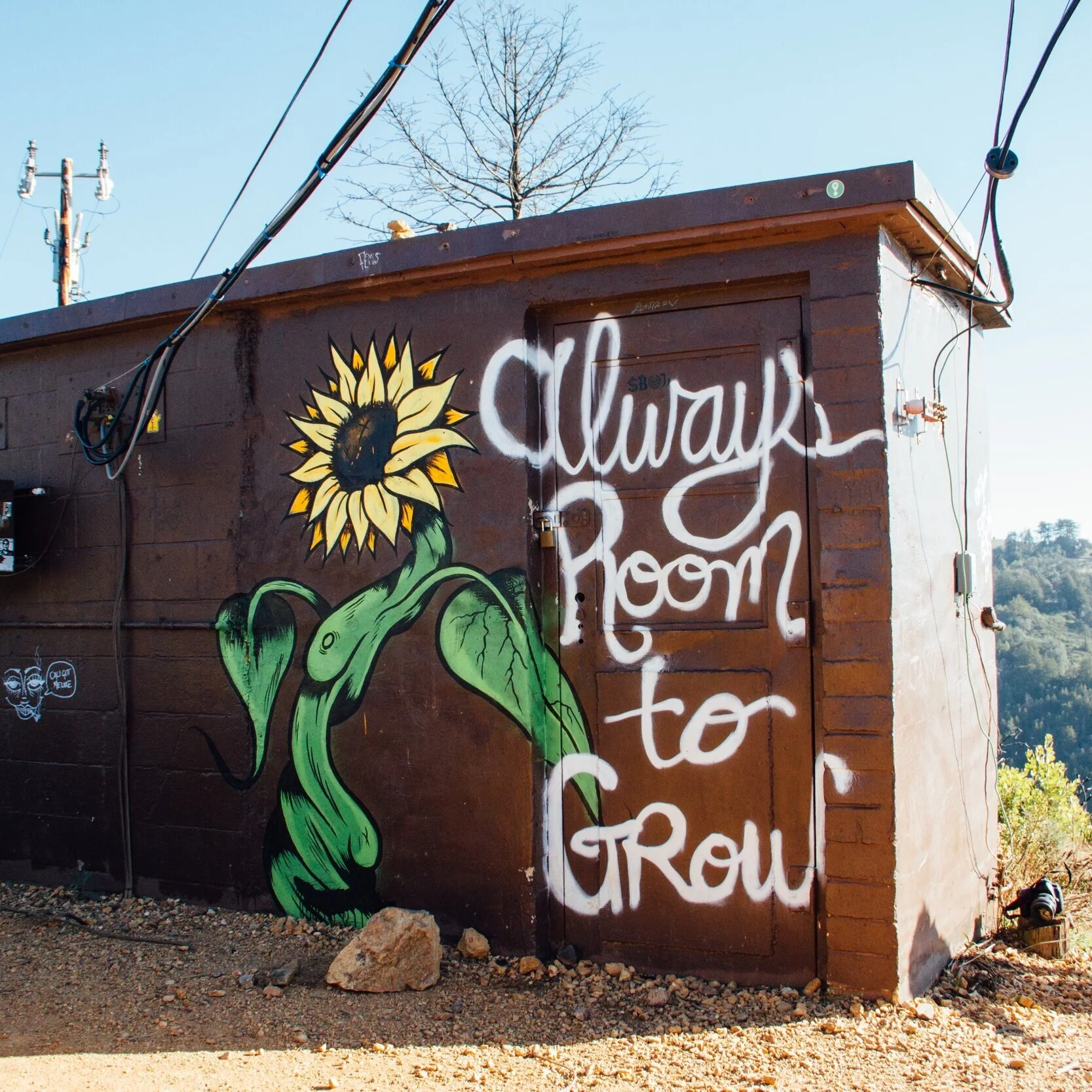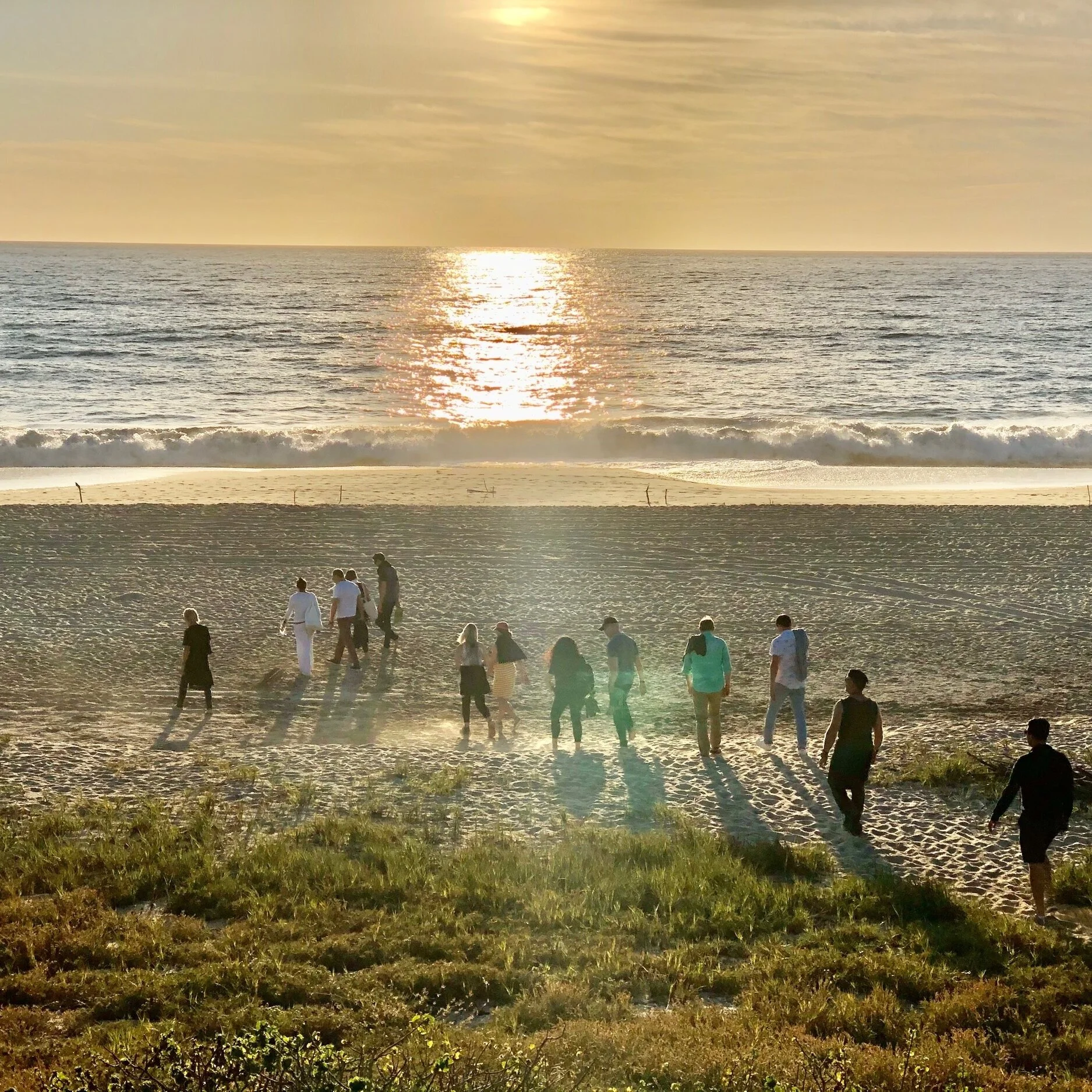Composing a life
As a professional writer and now amateur maker of music and visual art, I think a lot about how I—how we—express our fears and desires.
How do our words and actions, and the images and sounds we create, differ when we’re safe and comfy cozy, versus when our backs are to the wall?
And how have our lives so far—as inconsistent or imperfect parents, workers, friends or lovers—prepared us for these stressful times?
I recently re-read Composing a Life by Mary Catherine Bateson, the cultural anthropologist whose mother was Margaret Mead. In 1989, her book shined a light on women’s struggle to juggle. Through interviews, she found that interruptions and conflicted priorities could be sources of wisdom, rather than counterproductive distractions. She concluded that “life is an improvisational art form.”
In Bateson’s 2010 sequel, Composing a Further Life: The Age of Active Wisdom, she named a new, productive stage of life—Adulthood II—that for most people falls somewhere between the ages of 50 and 80.
She found that the more experience we’ve had—weaving and bobbing, pivoting and bouncing back—the better prepared we are for the uncertain future.
Bateson wrote: As we age, we have an opportunity to reinvent ourselves and find new sources of meaning...The beginning is often marked by a shift in circumstances that makes us ask again about who we are, who we love, and what we have to offer.
Whether we slip into Adulthood II when our little birdies fly—or we’re thrust there by job loss or pandemic—we all will be there eventually.
Who are we? At 60, my identity has shifted. From career person and single mother to solopreneur and creative free spirit who aims to inspire. Can something so simple be enough? I don’t know yet. But whoever we are—whoever we decide we want to be—we have to do the work. So, I drum up writing projects for clients; and I make some kind of art every day. When I feel invisible or afraid, I admit it in story or song. If anyone out there is listening, maybe they, too, feel a little less alone.
Who do we love? Whether we’re in a partnership, or living alone within a community of our own creation, the desire to love and be loved, to nurture and be nurtured, is what makes us human. Is it enough to love my many friends, and my full-grown son, and the brother who ignores my calls? Again, I don’t know. But despite the goddam virus—or maybe because of it—I’m giving love another try.
What do we have to offer? As Bateson says, The convergence of wisdom and activism for large numbers of men and women in Adulthood II…may be as revolutionary as the shifts in consciousness behind the liberation movements of the 20th century. As we recognize and work with active wisdom, older Americans will discover not only the joys of social engagement but their ability to make unique contributions to a just and humane future.
In 2004, when Bateson was 65, she some of her feminist contemporaries (Pat Schroeder, Geraldine Ferraro, Letty Cottin Pogebrin), started the radical Granny Voter movement to give grandparents a voice in the political process.
The organization is now defunct, but its message is clear: Older voices—older voters—matter.
We have power my wise friends. Even if we don’t start a movement. Even if we don’t write a book.
I’m too anxious to be sandwiched into a crowd on the steps of a capitol building. Or to lie on my belly on a bridge.
But I dropped my ballot off today. At a drive through. Wearing a mask.
And I had another one of my good cries. Because I felt something stirring in my Adulthood II bones.
Justice and humanity are within reach.






